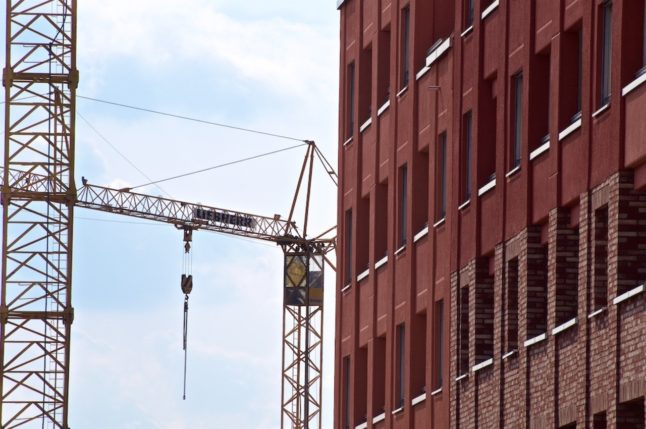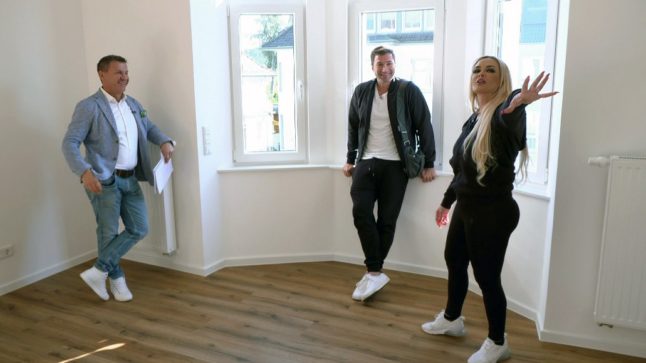The popularity of the Bavarian capital and its surrounding areas has resulted in an exorbitant housing market in recent years.
The latest survey by HWWI and Postbank Wohnatlas revealed that Munich is the most expensive city in Germany, with homes costing an average of €9,774 per square metre.
The high costs spill out into the surrounding areas of the city, too, with eight of Munich’s surrounding districts being in the top-ten most expensive areas outside of cities in Germany, according to the HWWI and Postbank Wohnatlas study.
READ ALSO: REVEALED: The German regions where property prices are falling and rising the most
But while the German government has failed to meet its own target of building 400,000 new houses a year to ease the housing crisis, localised initiatives are exploring new ways to provide more affordable living spaces.
A research project called “Einfach Bauen” (just build) by the Rosenheim University of Applied Sciences is currently testing out more efficient design principles on model houses in the municipality of Bad Aibling, around 60 kilometres southeast of Munich, to see if they can be used to create affordable housing.
Head of the Project, Professor Anna Niemann, said that the scheme adopts a “back-to-basics approach”, with more simplified buildings, using technology to combine good indoor climate and energy efficiency.
As a result, the research has found that 3.1 metres is an ideal floor height for housing, as this allows for more efficient use of vertical space, ample natural light, and a favourable indoor climate. Such findings could help enable the construction of high-quality, affordable housing on smaller floor plans.
READ ALSO: Why Germany is seeing the ‘worst housing shortage in 20 years’
Finding a better way to use space is also a priority for Wolfgang Wittmann, Chairman of the Metropolitan Region Munich Association. He told Handelsblatt that in order to address Munich’s housing problem, it’s necessary to “design the functional space in a way that keeps the region competitive”.
His association believes that alternative office concepts also have a role to play in supporting a thriving metropolitan region. Coworking spaces, which have gained popularity in large cities in recent years, are now being explored as a potential solution.
The Munich Metropolitan Region Association is currently working with coworking space provider 1000 Satellites to find out whether and which locations from Rosenheim to Ingolstadt are suitable for offering office units so that workers in less central areas would have a shorter commute to a working space outside of their homes.
The aim is to establish coworking spaces in smaller communities surrounding Munich, which would not only cater to young self-employed workers but also to employees from companies which only have offices in the city centre.



 Please whitelist us to continue reading.
Please whitelist us to continue reading.
Member comments